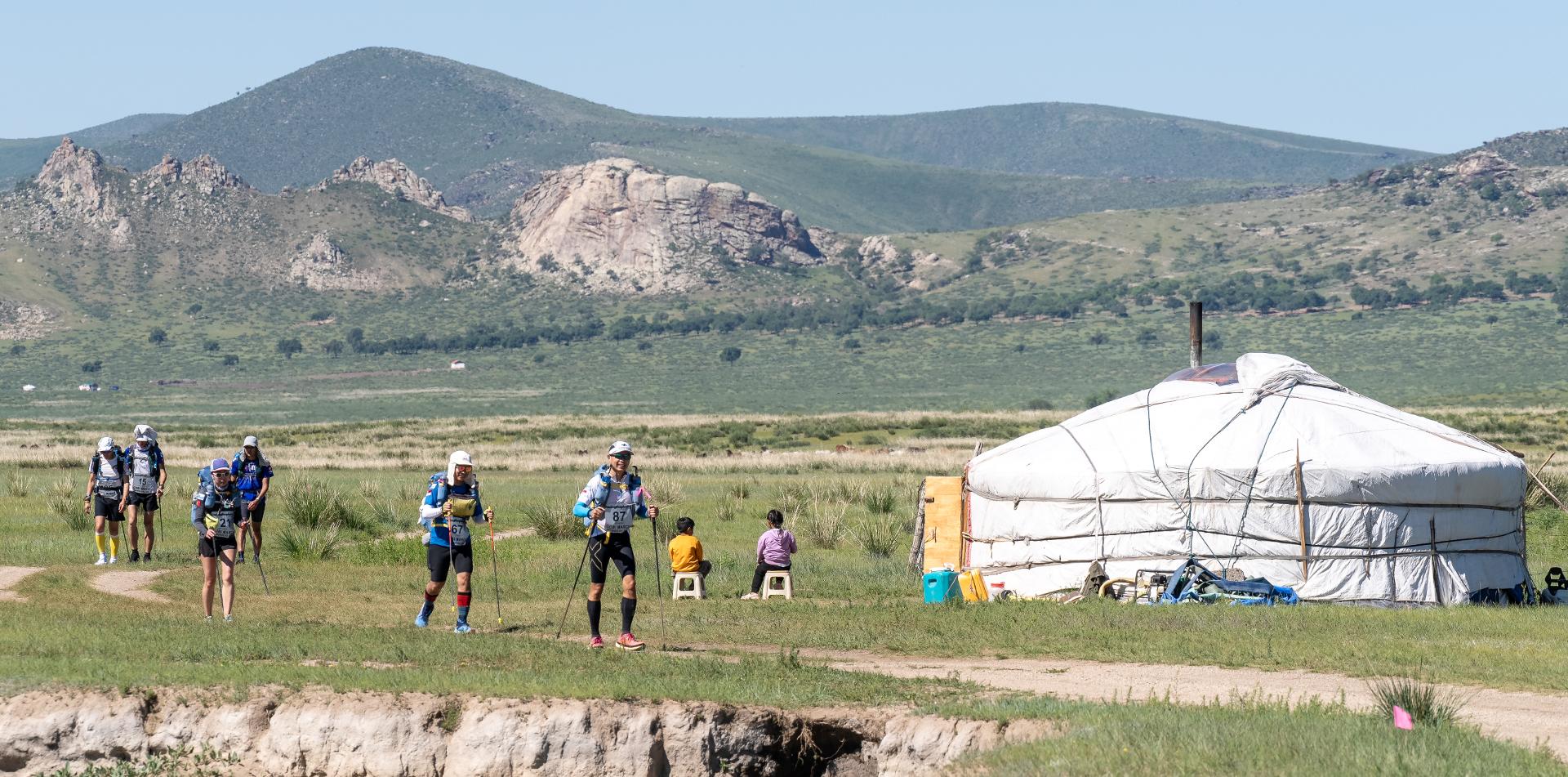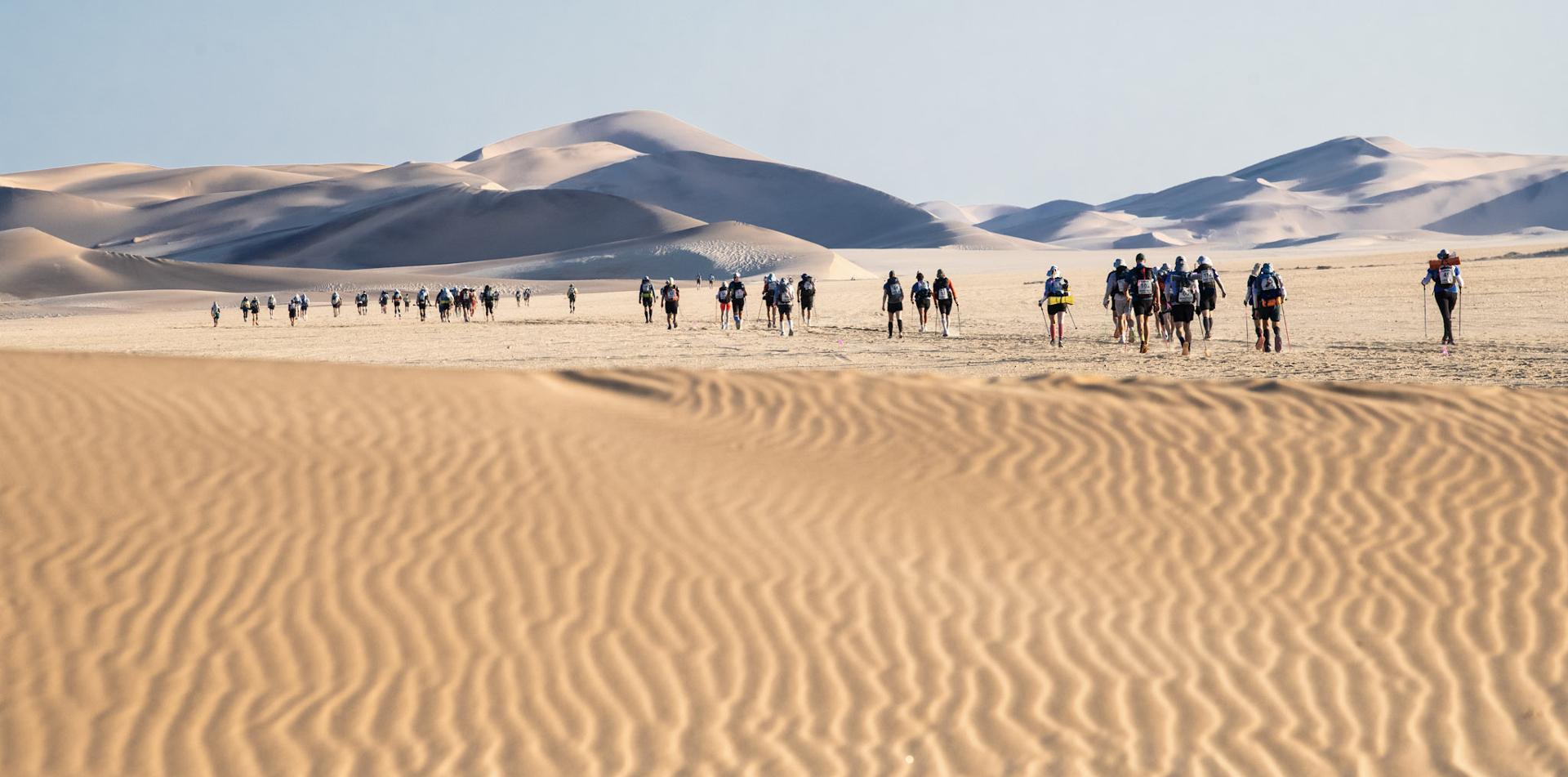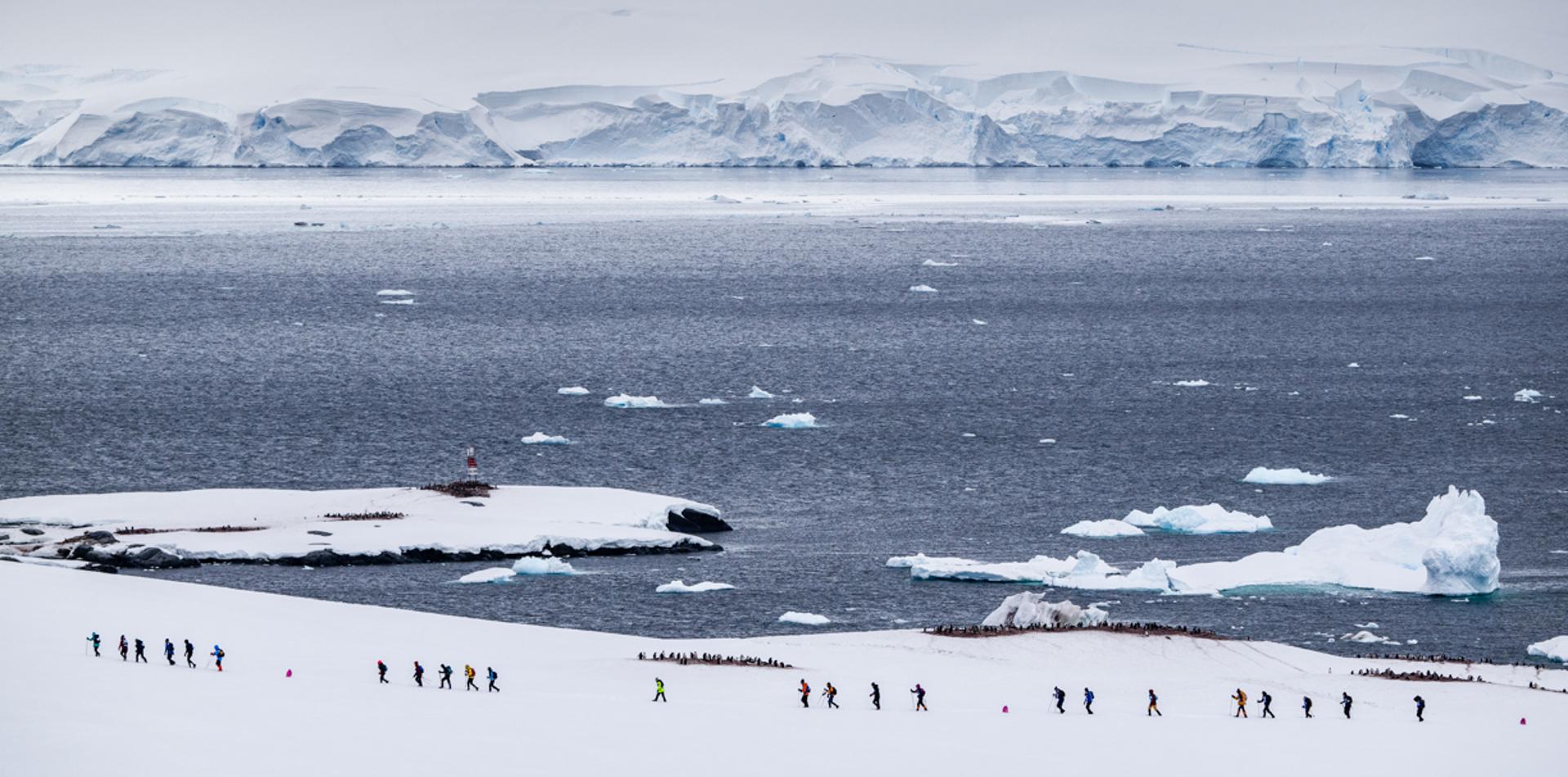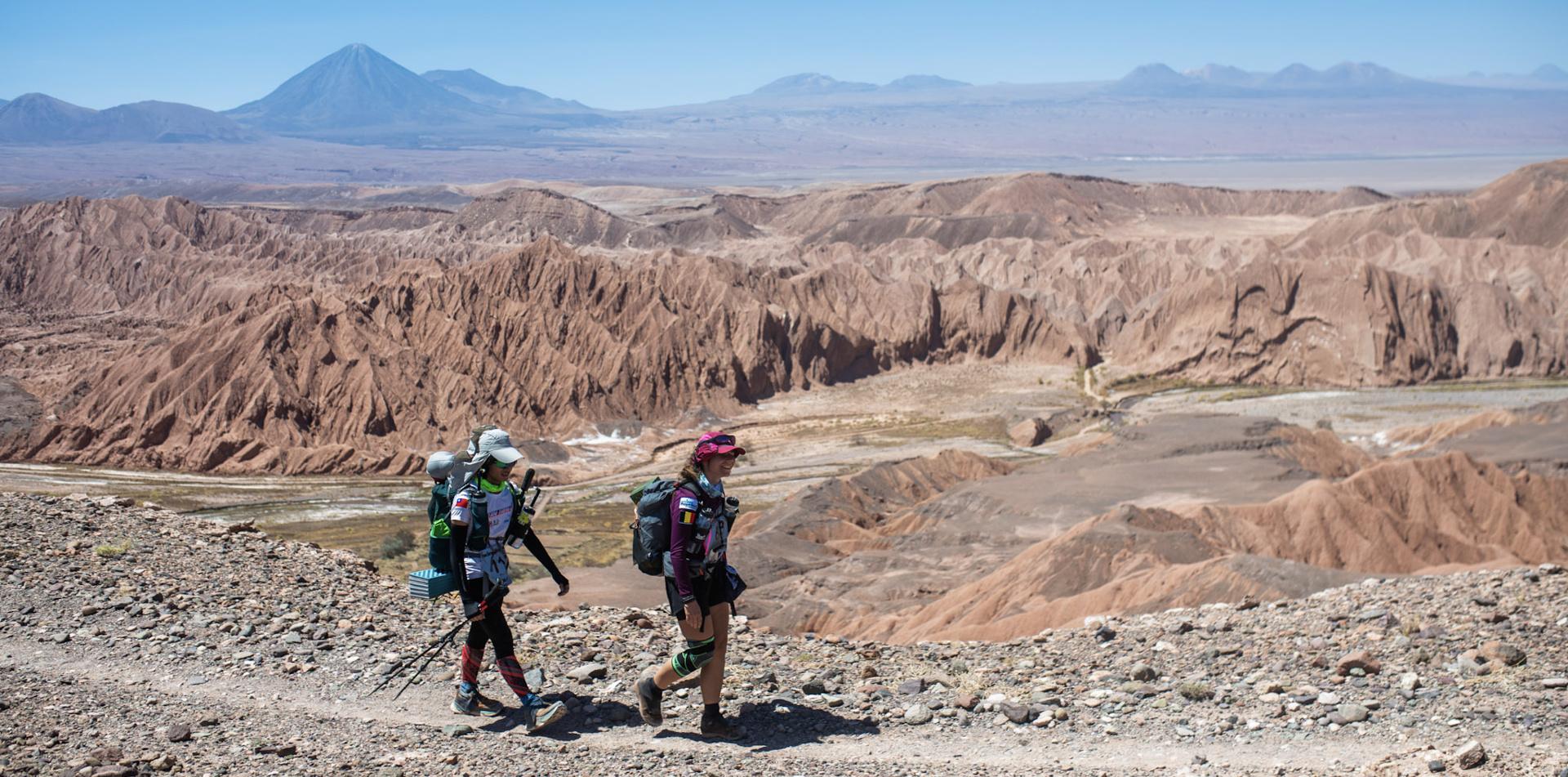Altitude Sickness / Acute Mountain Sickness
Overview
Altitude sickness or acute mountain sickness occurs when a person does not get enough oxygen due to decreased oxygen content in the air at high elevations. This occurs when the body does not acclimate to the lower oxygen content quick enough to keep up with the ascent. It occurs more commonly in those who are not accustomed to higher altitudes and ascend quickly to greater than 6000- 8000 ft (approximately 1829-2438 meters). Basically, the air is "thinner" (less oxygen) at high altitudes and when a person ascends too high and too quickly, the body has difficulty getting the amount of oxygen it needs.
Symptoms
The symptoms of altitude sickness can vary from mild to severe, as listed below. Some describe altitude sickness as having an alcohol hangover. There are no tests to predict one’s risk for altitude sickness. Symptoms may come on during the ascent or as late as a day after ascent. Athletes should be aware of more serious illnesses including HACE (high altitude cerebral edema) which involves swelling of the brain and HAPE (high altitude pulmonary edema) which involves fluid build up in the lungs. HACE and HAPE are emergent conditions that must be treated quickly to prevent serious illness or death.

Symptoms of Altitude Sickness:
- Throbbing headaches, especially at night and when you awake exacerbated by bending or straining
- Fatigue, nausea, vomiting, dizziness
- Shortness of breath during rest and exacerbated by mild exertion
- Stomach upset and/or decreased appetite
- Insomnia
- Tingling in the arms or legs
Complications
Severe cases may cause high altitude cerebral edema (HACE), with symptoms of confusion and unsteady gait. Another serious complication is high altitude pulmonary edema (HAPE), with symptoms of "crackly" lung sounds (rales), significant shortness of breath and rapid heart rate at rest or minimal exertion. When severe, individuals may lack the energy to care for themselves (eat, drink, dress themselves) and slip into a coma or die.
Treatment
Mild AMS: If your symptoms are mild, the treatment is to stop ascending, descend to a lower altitude, rest, limit strenuous activity, continue proper hydration and avoid any caffeine/ alcohol. Treatment of the headache consists of over the counter analgesics such as acetaminophen, aspirin or ibuprofen. You should not ascend any further if your symptoms continue to worsen. Typically, symptoms will usually improve within 48 hours. Use of a medication called acetazolamide (also called diamox), dosed at 125 -250 mg twice a day can help speed acclimation. Allergic reactions are rare, but can occur in people with penicillin or sulfa allergies. You should check with your physician before checking this medication.
Severe AMS: Progressive worsening symptoms including confusion, balance or increased shortness of breath may be signs of HACE or HAPE. Treatment is emergent and should involve immediate descent and transfer to a medical facility. Ignoring such symptoms can lead to serious illness or death.
Prevention
- Acclimation: The best way to avoid AMS is to slowly acclimate to the altitude for a significant period of time. Ideally, you should spend several weeks training at the new altitude. Unfortunately, this can be quite difficult for racers who don’t have the time. If known susceptibility to high altitude illness, try to arrive at high altitudes a few days earlier to assist with your body's acclimatization process
- Medication: Acetazolamide taken 24 hours prior to ascent can also be beneficial in decreasing or preventing the onset of altitude sickness. Side effects include tingling in the hands/feet, shortness of breath and ruining the taste of carbonated beverages.
- Hydration: Athletes should make sure they are well hydrated to exacerbate fatigue and help with the headache symptoms.
- Nutrition: Despite the feeling of nausea, it is important to maintain proper eating to prevent fatigue
- Avoid alcohol or any sleeping pills / medication which may decrease the respirations (amount of oxygen your body gets) while you sleep.
References
1) Frontera et al., Clinical Sports Medicine Medical Management and Rehabilitation, 2007, p58.
2) https://wwwnc.cdc.gov/travel/yellowbook/2020/noninfectious-health-risks/high-altitude-travel-and-altitude-illness.
3) http://www.nlm.nih.gov/medlineplus/ency/article/000133.htm.







 Newsletter
Newsletter
 Online Store
Online Store





